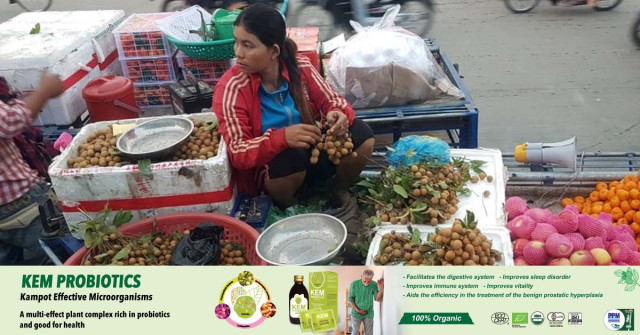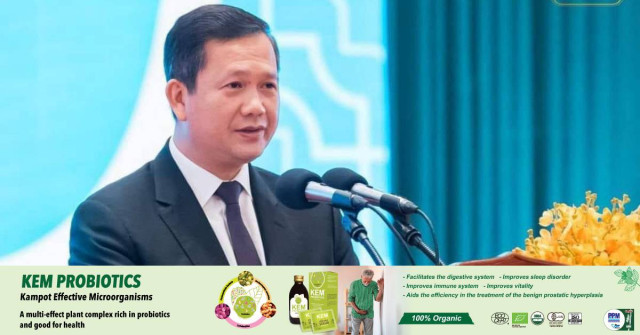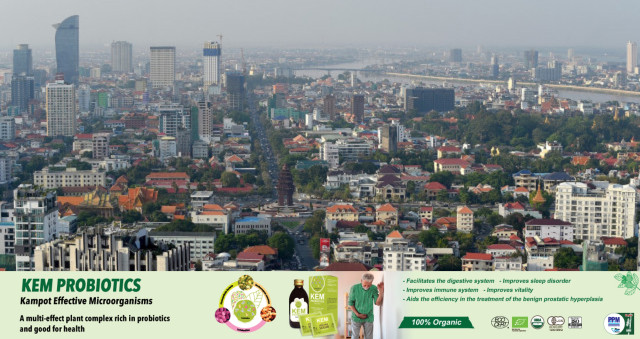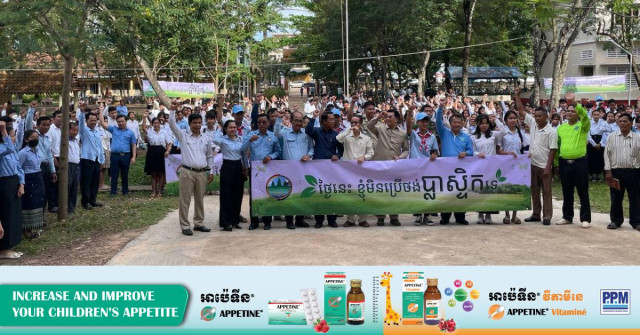Shock-Proof the Economy, UNDP Says
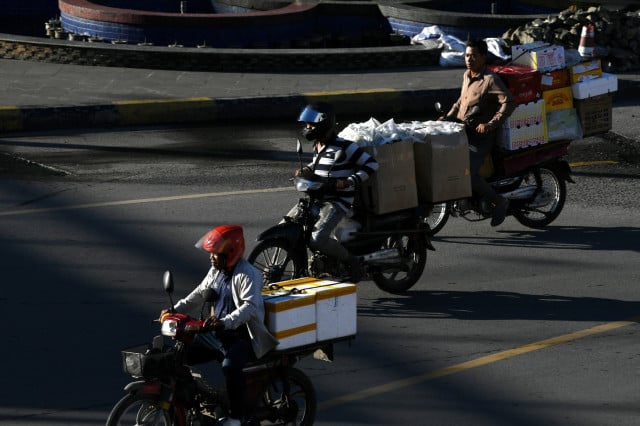
- By Phoung Vantha
- January 5, 2023 5:30 PM
PHNOM PENH – Shocks such as COVID-19 and the war in Ukraine have reversed Cambodia’s development gains and spurred the need to build capacity to absorb shocks and protect the most vulnerable, the UN Development Program says.
A policy brief drawn up in partnership with the Ministry of Economy and Finance includes a range of growth predictions under differing commodity shock and demand shock scenarios.
The brief reviews Cambodia’s 2022 to 2025 socio-economic outlook with a focus on economic growth, poverty and employment in view of rising fuel, food and fertilizer prices and the global economic slowdown.
Recommendations include doubling down on investments in human development, particularly education and health.
“Universal health care and education should be adopted with a progressive fee structure that makes these essential services accessible and affordable to all,” it says.
“Countries that invested in public health and education have recovered faster from the pandemic. Investing in human capacities can boost productivity, which will in turn drive sustained economic growth.”
It calls also for strengthening the social protection system.
“The surge of social protection in Cambodia in the wake of the COVID-19 pandemic, such as the COVID-19 Cash Transfer Programme for Poor and Vulnerable Households, has been effective,” it says.
“Further investing in, for example, targeted basic income and social protection for the poorest and most vulnerable people, with particular attention to women, will help reduce inequalities and enhance resilience.”
Fostering inclusive innovation is recommended.
“This may include innovation on many fronts from the production of goods and services to community development – technological, economic, and social innovation – to enable the country to increase its competitiveness and to leapfrog on its development path.”
More energy should be supplied from domestic sources and these should be diversified.
“Increased dependence on energy imports is leading to a sharp increase in inflation, therefore affecting the GDP,” it says.
“Energy transition towards maximising the use of renewable resources such as solar energy, modal shift such as electric mobility and energy efficiency will boost economic competitiveness, create new jobs domestically, and promote the country’s green credentials.”
The brief calls also for promotion of site-specific nutrient management in agriculture to increase fertilizer efficiency, reduce greenhouse gas emission while maintaining or enhancing crop yields.
Agroecology and nature-based solutions should be scaled up. Fostering local organic fertilizer production and trading such as composts will contribute to scaling up agroecology.











